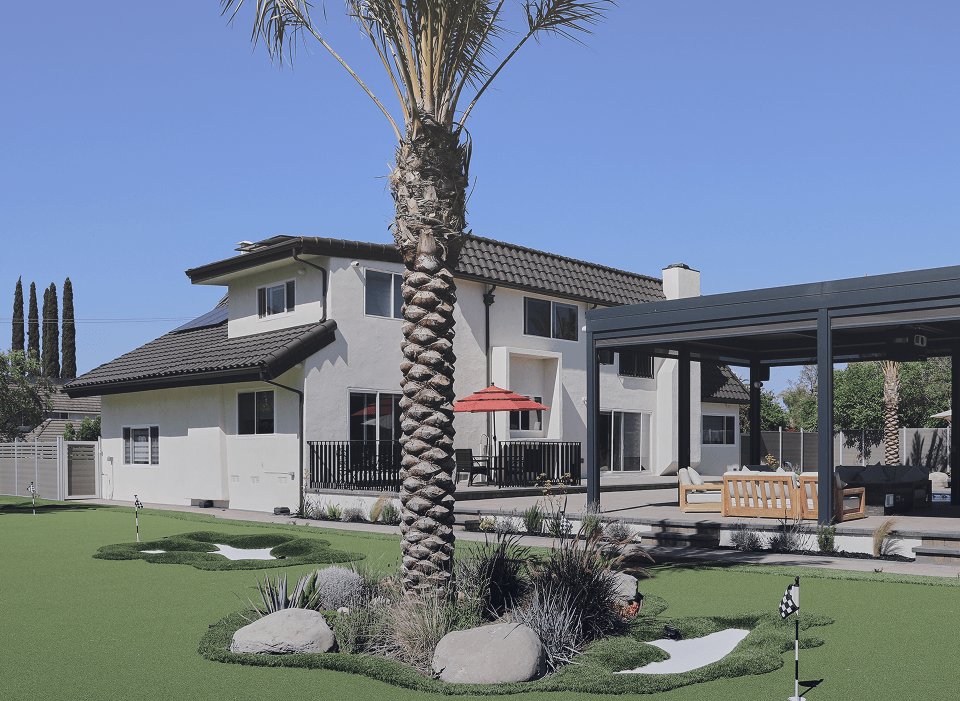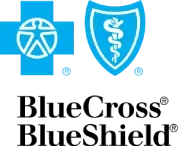
Treatment for Drug Addiction
After detox, we provide both counseling and medical therapy to treat drug addiction
Scroll
Breaking free from substance dependency requires more than willpower – it demands expert-guided treatment for drug addiction. At The House of Life, we’ve witnessed how proper care transforms lives. Our approach combines cutting-edge therapies with compassionate support to address both the physical and psychological aspects of recovery. Whether you’re seeking help for yourself or a loved one, we provide the tools for sustainable healing.

What Is Drug Abuse?
Substance misuse, clinically termed substance abuse disorder treatment, occurs when chemical dependence disrupts normal brain function.
This medical condition alters decision-making pathways, creating compulsive cravings that override logical thinking.
Contrary to outdated beliefs, it’s not a moral weakness but a complex health issue requiring professional drug addiction help.
Why Do People Get Addicted to Drugs?
The question of why do people get addicted to drugs is complex; it’s a disease, not a moral failing.
Understanding dependency requires examining three key factors:
- Neuroadaptation: Repeated exposure to dangerous drugs rewires the brain’s chemistry
- Environmental triggers: Circumstances that normalize substance use
- Psychological factors: Unresolved trauma or undiagnosed mental health conditions
Our drug addiction rehab programs address all these elements through personalized care plans.
How Does a Drug Test Work?
Modern screening methods detect substance metabolites, chemical fingerprints left behind after processing dangerous drugs. These forensic traces remain in bodily systems for varying durations:
- Urine analysis (most common for employment screening)
- Blood tests (accurate but shorter detection window)
- Hair follicle testing (90-day historical record)
The Process of Treatment for Drug Addiction
Effective recovery follows these evidence-based stages:
- Comprehensive drug assessment to identify co-occurring conditions
- Medically-supervised stabilization
- Targeted substance abuse therapy
Drug Addiction Treatment Programs at The House of Life
At The House of Life, we deliver individualized substance abuse disorder treatment because no two recovery journeys are the same. Our programs, from immersive inpatient drug addiction rehab to flexible outpatient services, are designed to provide the precise level of support needed. We view treatment for drug addiction as a holistic process that heals the mind, body, and spirit.
- Alcohol Addiction Treatment
- Drug Addiction Treatment
- Ecstasy Addiction Treatment
- Cocaine Addiction Treatment
- Marijuana Addiction Treatment
- Meth Addiction Treatment
- Crack Addiction Treatment
- Heroin Addiction Treatment
- Benzo Addiction Treatment
- Opioid Addiction Treatment
- Adderall Addiction Treatment
- Fentanyl Addiction Treatment
- Ketamine Addiction Treatment
How Long Does a Treatment for Drug Addiction Take?
Recovery timelines vary significantly because effective treatment for drug addiction follows the body’s natural healing process rather than arbitrary deadlines. While many rehabilitation programs operate on 30, 60, or 90-day frameworks, these durations simply provide structure – true progress depends on individual physiological and psychological factors.
The initial treatment period focuses on establishing critical recovery fundamentals:
- Neurological stabilization
- Coping mechanism development
- Relapse prevention skills
Rather than counting days, we measure success through sustainable behavioral changes and stable mental health markers.
Treatment for Drug Addiction Timeline at The House of Life
Our phased recovery protocol ensures comprehensive healing:
- Diagnostic Phase: Comprehensive biopsychosocial evaluation with potential medically-managed withdrawal
- Transformational Phase: Targeted interventions through personalized and communal therapeutic modalities
- Transition Phase: Real-world application of recovery strategies with extended support systems
Why Choose a Professional Drug Addiction Treatment Center?
Attempting recovery without clinical support is like navigating a storm without instruments. Our facility provides:
- Continuous physiological monitoring by addiction specialists
- A meticulously designed therapeutic milieu free from substance cues
- Multidisciplinary clinical teams delivering integrated care
- Shared experience networks fostering collective healing
- Evidence-based craving management techniques
Why Are Drugs Bad for You?
Substances systematically dismantle human potential through:
Biological Consequences:
- Hepatotoxicity leading to hepatic failure
- Renal system impairment
- Cardiovascular compromise
- Oncogenic potential
- Oral health degradation, including enamel erosion and periodontal disease
Psychological Impact:
- Exacerbation of affective disorders
- Emotional regulation impairment
- Cognitive function deterioration
Neurological Dependence:
- Neuroadaptive changes creating compulsive use patterns
- Reward system hijacking that supersedes volitional control
How to Encourage a Loved One to Go to Rehab
Here are short, actionable tips to guide you:
Pre-Conversation Preparation:
- Study substance use disorder pathophysiology
- Research evidence-based interventions
- Understand recovery trajectories
Strategic Dialogue Initiation:
- Select periods of sobriety and emotional stability
- Choose neutral, private settings
- Ensure uninterrupted discussion time
Communication Framework:
- Employ non-confrontational “I” statements
- Express concern without blame
- Maintain unconditional positive regard
Specific Behavioral Examples:
- Document observable consequences
- Reference verifiable incidents
- Avoid generalizations
Resource Provision:
- Find trusted rehab centers
- Handle the practical details
- Make the first move together












